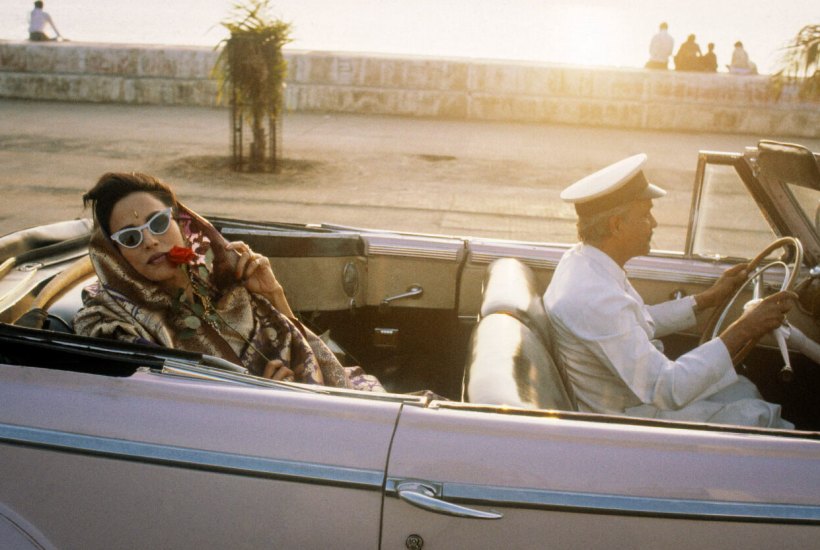The big finish to Streets of Gold: Mumbai, an excited look at the city’s ‘wealthiest one-percenters’, was an extravagant party hosted by ‘two of India’s most coveted fashion designers’. As the programme made clear, all the guests were rich and/or famous, and all were dressed to prove it. ‘If you’re basic, you’re not invited,’ said one – which, given that the idea of the party was ‘to celebrate diversity in all its forms’ some documentaries might have considered a remark worthy of further investigation.
Already a subscriber? Log in
Subscribe for just $2 a week
Try a month of The Spectator Australia absolutely free and without commitment. Not only that but – if you choose to continue – you’ll pay just $2 a week for your first year.
- Unlimited access to spectator.com.au and app
- The weekly edition on the Spectator Australia app
- Spectator podcasts and newsletters
- Full access to spectator.co.uk
Unlock this article
You might disagree with half of it, but you’ll enjoy reading all of it. Try your first month for free, then just $2 a week for the remainder of your first year.








Comments
Don't miss out
Join the conversation with other Spectator Australia readers. Subscribe to leave a comment.
SUBSCRIBEAlready a subscriber? Log in